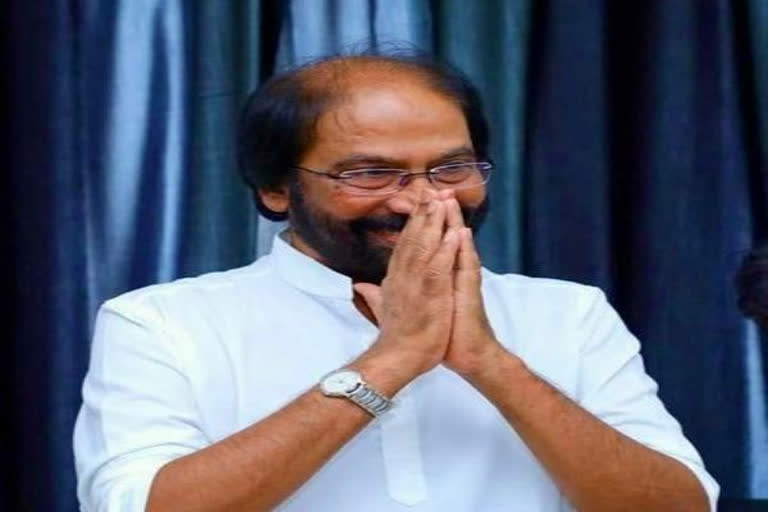New Delhi:The government should reconsider the continuance of the Armed Forces Special Powers Act (AFSPA) in the northeastern states, DMK leader Tiruchi Siva said in Rajya Sabha on Monday. He referred to the killing of 13 civilians by security forces in Nagaland in December and said that only Nagaland and all its neighbouring states are also suffering because of the AFSPA.
"It's high time. The government has to reconsider whether this Act should continue," Siva said while participating in a debate in the Upper House on the working of the Ministry of Development of North Eastern Region. Referring to Section 4 of the AFSPA, Siva said it gives special powers to commissioned officers in disturbed areas to fire upon and use force against any person who is acting in contravention of any law, arrest without warrant any person who has committed a cognisable offence or against whom a reasonable suspicion exists that he has committed or is about to commit such an offence.
Section 6 of the Act says that no prosecution or other legal proceeding shall be instituted, except with the sanction of the central government, he noted. Siva said the previous speakers in the debate spoke on development and he was speaking about the safety of the people and their psychological and mental condition. "The unrest which is prevailing is not because of the issues only but because of such Acts also. When such an Act is there and armed forces are wandering with enormous powers with no control on them, the people will react in their own manner, because you know the hilly people...," he said.
"This is an appeal. What is the necessity (for continuing AFSPA)? Why should the people be killed unnecessarily?" he asked. There may be issues anywhere and people will rebel in a democratic country as they have got rights, the DMK leader said. "But does it mean that they can be killed and they (security forces) cannot even be questioned?" he asked, adding that it is worrisome. He said the Supreme Court had also observed that if an offence is committed even by an Army personnel, there is no concept of absolute immunity from trial by a criminal court constituted under the Criminal Procedure Code.
